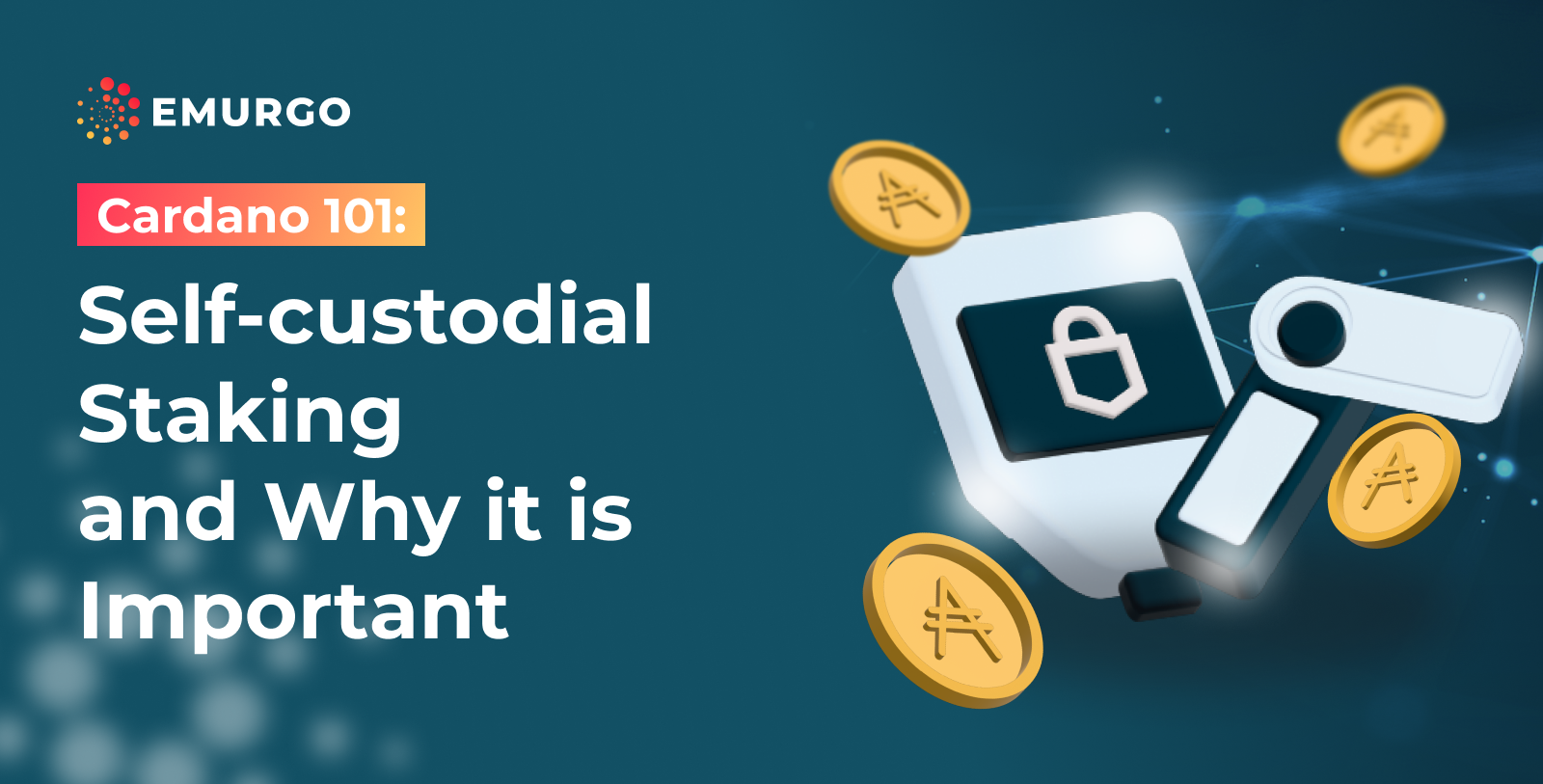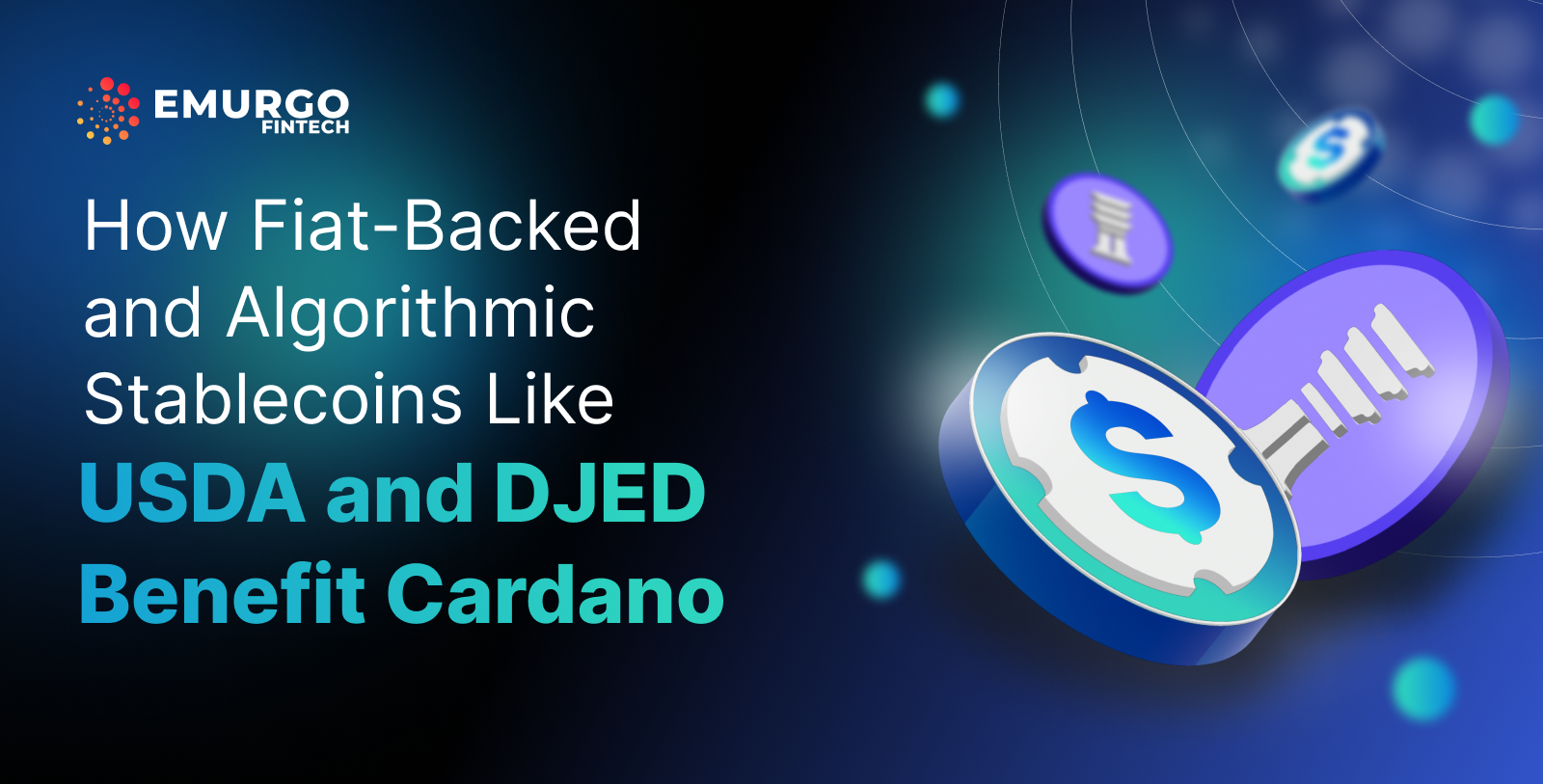Introduction
In our previous article – “How Blockchain Solutions Can Improve Data Security for Enterprises & Users – Part 1” – we gave a general overview of the current cybersecurity landscape and how blockchain technology provides better ways of securing data for organizations. We briefly discussed the following points:
- How and why cybercriminals and hackers are able to steal valuable user information from existing database systems
- The intrinsic benefits of blockchain technology that help to tackle current cybersecurity issues and the new disruptive paradigm blockchain creates
In this article, we will take a deeper dive into the details of tailored blockchain solutions for cybersecurity by:
- Understanding the basic fundamentals of cybersecurity
- Analyzing the building blocks of blockchain technology that contribute to the protection of important data
- Looking at how to integrate blockchain solutions with existing database systems to create a layer of trust and strengthen overall data security from within
Understanding Cybersecurity & Its Challenges
As more digitization happens around the world, valuable data is increasingly shared and exchanged through different kinds of digital networks. For example, personal IoT devices are collecting huge amounts of user data; popular websites and mobile applications store millions of user accounts and their information; and so on.
Data that is highly sensitive and personal is exchanged constantly within cloud computing servers. This data is vulnerable to outside hacking attempts even after a certain layer of security has been provided. This is due to its singular point of failure through cloud storage in a centralized server. The current digital age is trying to integrate various technology systems that are hoarding more and more data while also allowing human users to store & receive information through a single click of the mouse.
Whilst technology progresses, attempts to steal, misuse, and sell data increase in proportion. Breaching perimeter defenses, DDoS attacks, and the use of cyber threats have become commonplace as most of our economic and personal interactions go online. Hackers and cybercriminals are forever trying to bring people to their feet by disrupting systems that provide basic and vital services.
Thus, cybersecurity to protect enterprises, users, and their data also need to evolve through better technological solutions. The adoption of blockchain technology offers a breakthrough solution to protect against unauthorized data breaches and make it cost effective to integrate with existing database systems.

How Do Blockchain Solutions Provide the Important Security Layer to Improve Current Technologies?
Currently, cybersecurity relies on three main principles called the “CIA triad”:
- Confidentiality
- Integrity
- Availability
It is a basic guideline for evaluating and implementing data security measures, irrespective of the underlying system and/or organization.
(1) Confidentiality
This principle ensures that only authorized persons are able to access centrally stored information and data. User IDs, passwords, access control lists, and other policies for security, aim to achieve user confidentiality. Blockchain’s distributed database network removes the central authority and places the responsibility of confidentiality to all stakeholders involved. By removing the central authority, a single point of failure is mitigated and all the systems in the distributed network need to be compromised for the system to be breached.
(2) Integrity
It assures that stored data can be trusted. Its data content remains unchanged unless given authorization. Integrity ensures that the data is handled only by authorized persons. With blockchain solutions, the data is encrypted and stored on a distributed network after being validated by all of the stakeholders. The data is stored in blocks and are also created with hashing algorithms – the digital fingerprint of the contents of the previous block, rendering modification impossible – enabling “immutability”. This enables traceability and provides data provenance. Recently, EMURGO launched Traceability Solution to integrate a blockchain solution with Indonesian coffee brand Blue Korintji to reliably trace their premium coffee beans in the supply chain from origin to consumer thereby providing added value to our enterprise partner.
(3) Availability
Data and information systems are available whenever required. Hardware maintenance, software patching/upgrading and network optimization ensure this availability.
Blockchain solutions take care of the “CIA” of cybersecurity and provide a security layer that enhances other modern technologies. This complementary strength with existing and new technologies helps to drive widespread adoption of blockchain solutions.
Business use cases for integrating blockchain with IoT are being studied and their testnets are currently being developed. For instance, the issues of IoT devices mainly arise due to the nature of data sharing and data exchanges between the devices and cloud storage. Building IoT on a blockchain platform secures the data, maintains its integrity, and provides quick availability. Personal and sensitive data can now be stored in a blockchain-based secure system.
Regarding digital identity, individuals with blockchain-based self-sovereign IDs can store their data to their personal devices and use it for self-verification purposes without the need to rely upon a central repository of data. With self-sovereign IDs utilizing blockchain solutions, users have complete control over how their personal information is kept and used.
Conclusion
Digital security is an area that is already very important for enterprises and users, and will only continue to become more so as data storage increasingly moves online. Blockchain solutions present a cost effective way to protect against sophisticated hackers and make it easy to enterprises and users to securely store data on a distributed database system without having to rely on third-party companies or centralized data storage points. Solutions can be tailored to meet the specific needs of enterprises in certain business sectors and this allows for efficient automation of data collection, storage, and security. Enterprises add value by gaining trust from their consumers and offering them peace of mind over the secure storage of their personal information.
To give enterprises, career professionals, and students the knowledge necessary to enter the blockchain space as a developer or otherwise, EMURGO Education offers blockchain certification courses taught by professional blockchain practitioners. EMURGO Education is a Global Blockchain Learning Solutions entity of EMURGO – a global blockchain solutions provider – and was established in January 2019 to focus on offering blockchain education to foster a deep fundamental understanding of blockchain technology.
Check out EMURGO’s Foundations of Blockchain Program Blockchain to learn more about the technology and upskill your career now! EMURGO is your trusted learning partner who will not only equip you with the right skills, but also give you the right exposure to open up career gateways to lucrative job opportunities within the blockchain industry.




